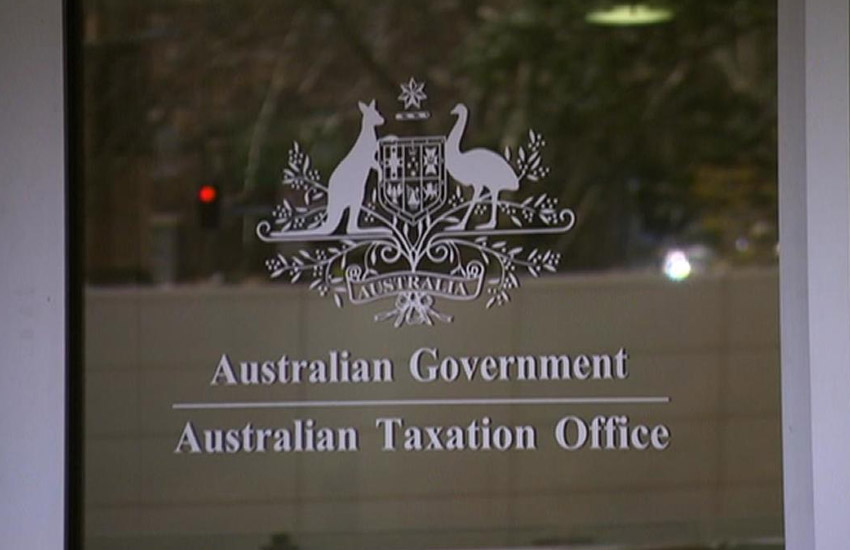Last week, the Commissioner of Taxation released Draft Taxation Determination 2019/D9, close to eight months after it withdrew ATO ID 2003/589 on 6 February.
In TD 2019/D9, the Commissioner now takes the view that the exclusion for debts forgiven for reasons of natural love and affection requires that the creditor be a natural person.
You’re out of free articles for this month
According to the ATO, this now means that “the creditor cannot be a company or an individual acting in the capacity of a trustee”.
As part of the explanation of the Commissioner’s preliminary view, the ATO notes that “the notion of forgiveness is confined by the use of ‘natural love and affection’. That term serves to identify the motivation for the forgiveness. The requisite connection between that motivation and the forgiveness can only be satisfied when the creditor feels the natural love and affection.”
Chartered Accountants Australia and New Zealand tax leader Michael Croker said TD 2019/D9 “does a U-turn” on the ATO’s interpretation of section 245-40(e) ITAA 1997 that was previously contained in the withdrawn Interpretative Decision.
“The literal interpretation of s245-40(e) does not require that the creditor be a natural person, only that the reason for forgiveness be ‘natural love and affection’,” Mr Croker said.
Mr Croker said CA ANZ is concerned with scenarios where shareholders or directors of a company have lent money to an individual and resolve to later forgive the commercial debt.
“At a time when tax law is making directors more and more accountable for tax obligations, it’s interesting that the ATO invokes the corporate veil when it suits,” he added.
The date of effect of the change will be applied to before and after the date of issue of the final determination, but the ATO will not “devote compliance resources to debt forgiven prior to 6 February 2019.
RSM senior manager Tracey Dunn believes there is reason to be concerned with debts forgiven between 6 February and the issue of the determination.
“This could be particularly problematic in family breakdown situations where loans between one, or either of the spouses, and the entities within the family group have been forgiven on application of the Commissioner’s view in ATO ID 2003/589 and the Family Court has issued orders on that basis.
“Where loans have been forgiven within a family group, for example, loans owed to a discretionary trust or a private company loans not subject to Division 7A (e.g. where the private company does not have a distributable surplus) after 6 February 2019, taxpayers should seek advice from their tax adviser to determine if the CDF rules apply, and if so, how the application impacts on their individual circumstances.”
Jotham Lian
AUTHOR
Jotham Lian is the editor of Accountants Daily, the leading source of breaking news, analysis and insight for Australian accounting professionals.
Before joining the team in 2017, Jotham wrote for a range of national mastheads including the Sydney Morning Herald, and Channel NewsAsia.
You can email Jotham at: This email address is being protected from spambots. You need JavaScript enabled to view it.



